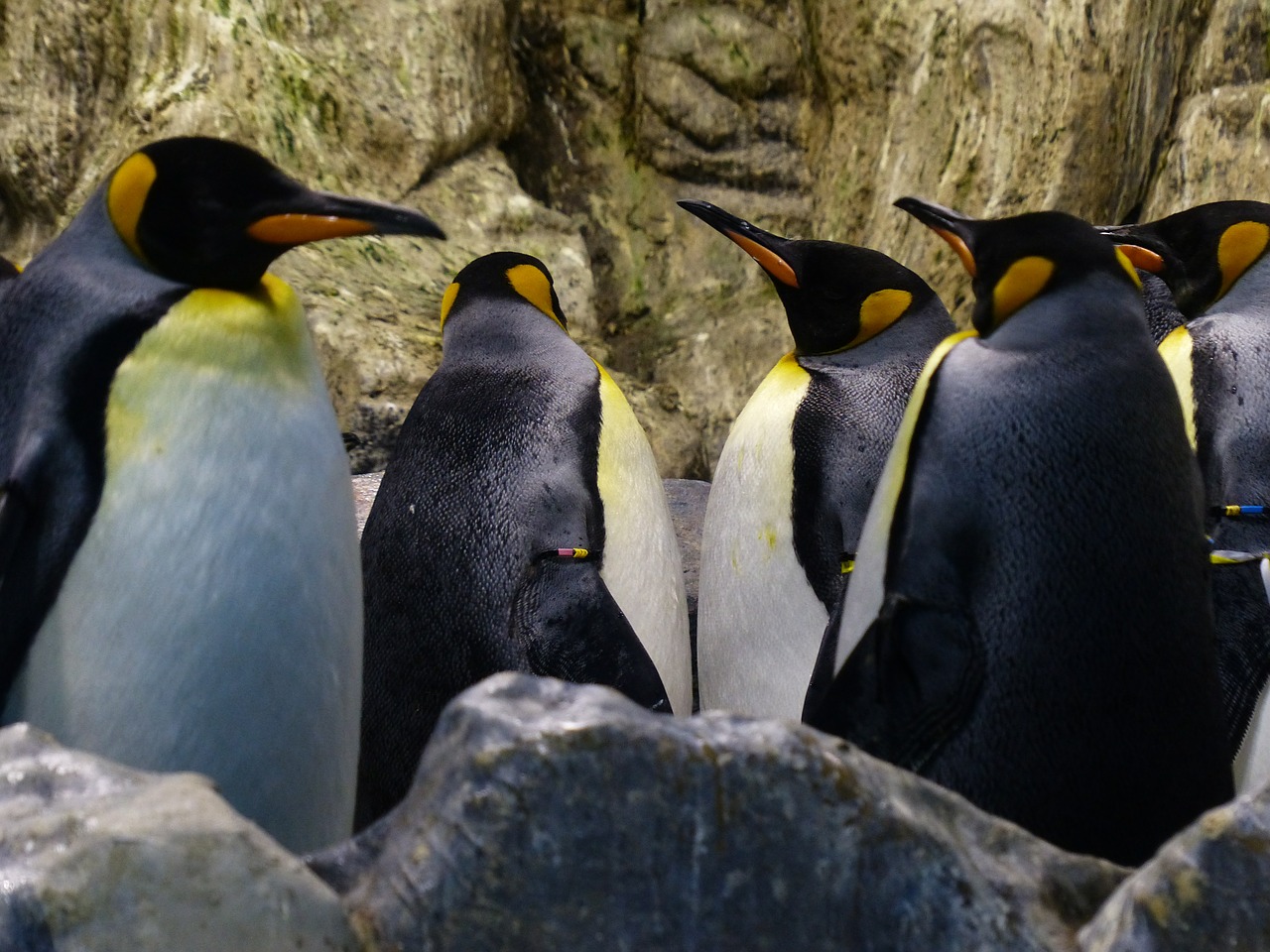King penguins might die out soon if nothing is done to combat climate change, scientists say.
Researchers have studied the penguins’ small population in the Southern Ocean, and found that some of their island habitats are set to become unsustainable, the BBC reports. This is a problem as the movement away from primary nesting sites means the penguins will have limited access to food. They won’t be able to fetch for their chicks, which in turn will endanger the entire species.
Céline Le Bohec from the French National Centre for Scientific Research (CNRS) and the University of Strasbourg, lead author on the study, says,
Our work shows that almost 70% of king penguins – about 1.1 million breeding pairs – will have to relocate or disappear before the end of the century because of greenhouse gas emissions.
The team looked at the requirements for the king penguin to survive and how changes in the environment might impact the birds’ breeding in the next years. The scientists used a mixture of climate modeling, along with genetics and knowledge of population history.
The favored foraging grounds of king penguins are along the Antarctic Polar Front (APF) in the Southern Ocean, where there is a steady supply of fish and squid. This nutrient-rich area provides plenty of prey.
But the APF is shifting towards the pole due to rising temperatures, and if the trend continues, the front will soon move out of range of the king penguins, the study suggests.
The limit at which king penguins can travel and not starve their chicks is seven hundred kilometers. Le Bohec said, “Marion and Prince Edward islands, and Crozet island will have the biggest difficulty in the next 50 years, I would say. These are major population centers. But if we continue with the addition of greenhouse gases then Kerguelen, Falkland and Tierra del Fuego islands will also have difficulty.”
The penguins have suffered large population decimations in the past, and have bounced back, meaning they will likely try to adapt to the change in their environment. Le Bohec said, “The problem is the pace of change. It is really very fast, and that will make it hard for the penguins to adapt.”
The study was published in Nature Climate Change.
























